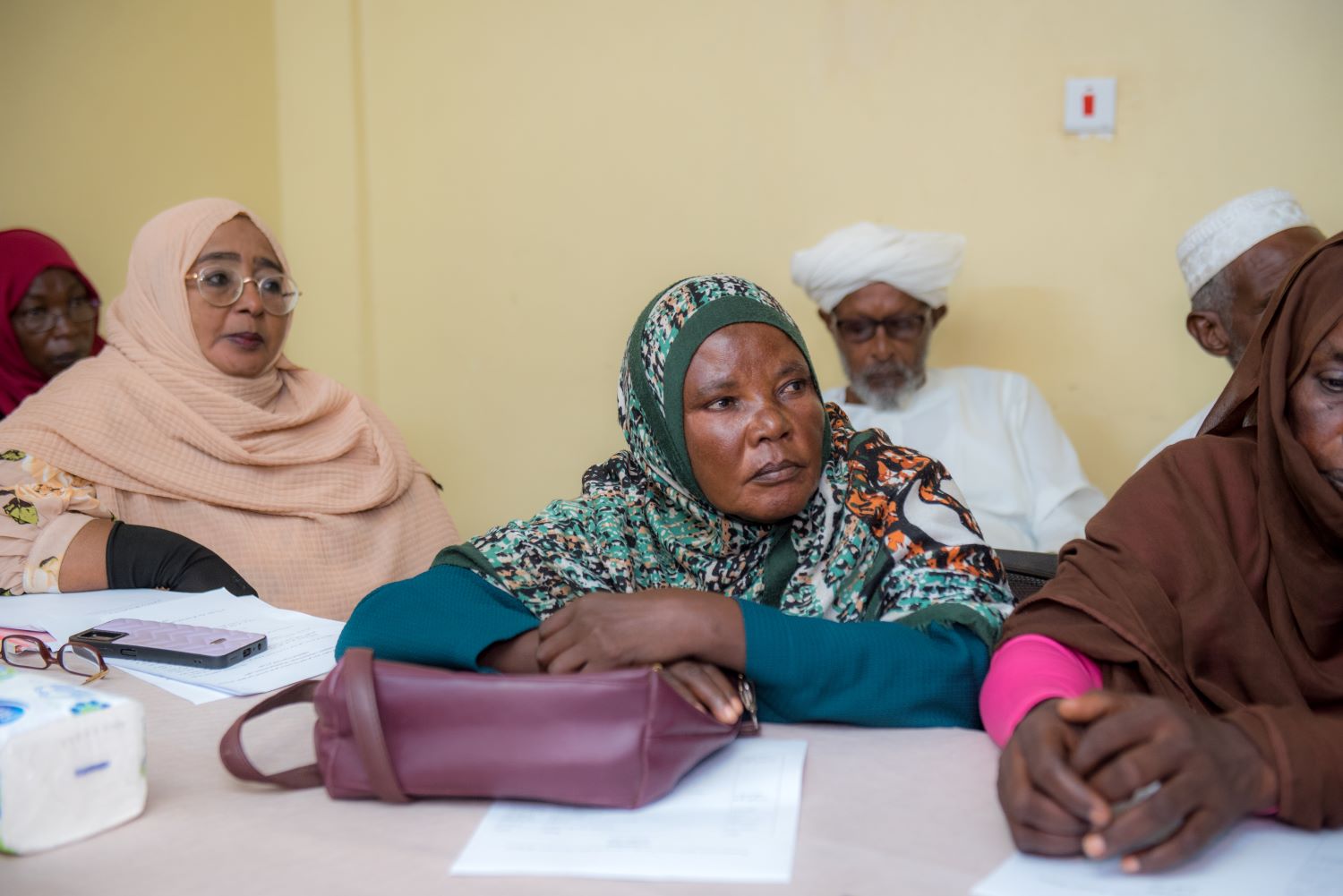Under the scorching Sudanese sun, Salwa Suliman has become a symbol of transformation in Kasala. Her hands which once used to knead dough and prepare meals as a cook, are now shaping a brighter future for her family and community. A cook and trainer by trade, Salwa’s family relied on agriculture to make ends meet. But when the conflict disrupted their farming activities, their livelihood and future seemed uncertain.
Through CIMMYT’s Sustainable Agrifood Systems Approach for Sudan (SASAS), Salwa has embraced change, learning the secrets of organic fertilizer production, innovative food processing, and sustainable agriculture. With the support from the United States Agency for International Development (USAID), today Salwa now runs a vibrant business that produces food that nourishes the body as well as the soul. Her journey is proof that even in the harshest conditions, with the right support and determination, growth is always possible. Salwa’s success is more than a personal triumph—it’s a testament to the transformative power of hope and action rippling through Sudan.
Building resilience in the midst of conflict
In Kassala and Gadaref states, solar-powered irrigation kits have replaced costly and unreliable diesel pumps, enabling more than 2,000 farmers to grow high-value crops such as vegetables year-round. These systems not only reduce operational costs, but farmers are trained to maintain and optimize them, ensuring long-term sustainability.
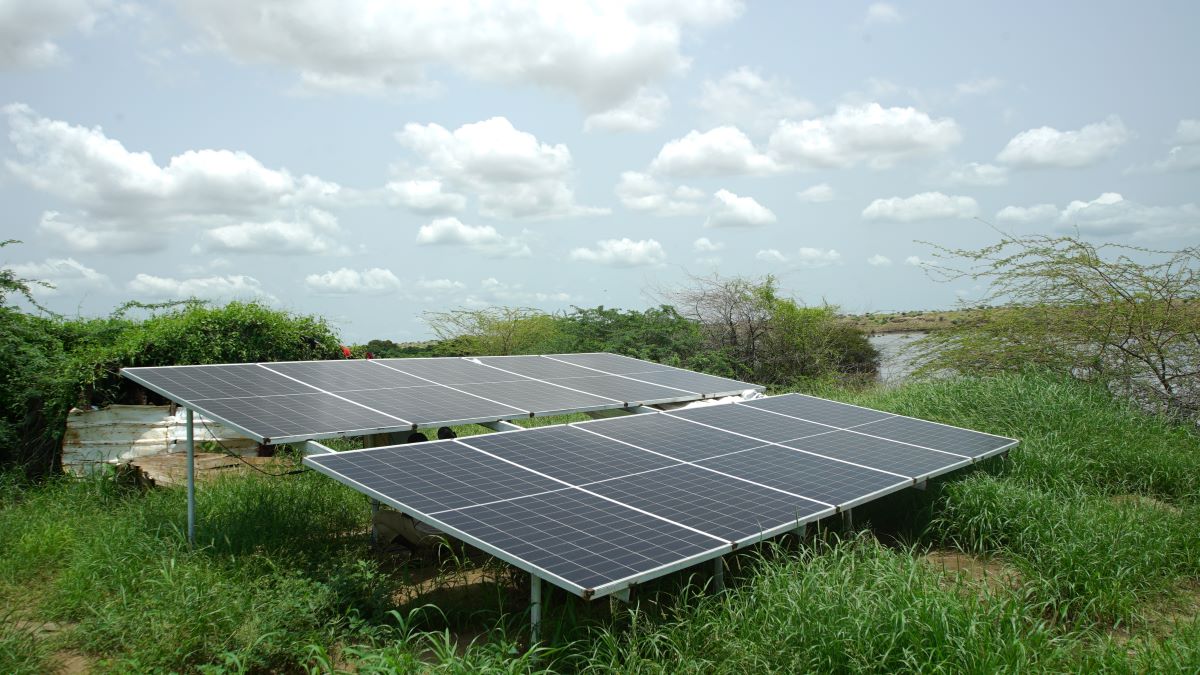
Equally transformative are the eight solar-powered agro-processing hubs that provide essential machinery such as threshers, oil presses, and grinders. These hubs have become economic lifelines, especially for women, who use them to create micro-enterprises. From grinding and packaging dried vegetables to selling value-added products, women are driving economic growth while reducing post-harvest losses and strengthening food security.
Commitment to gender equality and representation
Women’s empowerment is a cornerstone of the SASAS approach. Through gender awareness initiatives in 20 communities, more than 2,800 participants, including 2,485 women, have addressed negative social norms, women’s rights, and decision-making in economic activities. Activities such as theatrical performances and competitions have reinforced these messages and created gender-equitable environments. This groundwork has been further strengthened by the establishment of gender committees, each of which integrates men and women to advocate for equitable access to resources and leadership roles.
The impact extends to grassroots leadership, where trained gender advocates facilitate sensitization sessions that benefit cooperative members and promote sustainable gender advocacy.
Bridging partnerships for agricultural transformation
The World Vegetable Center (WorldVeg), in partnership with SASAS, has played a key role in integrating sustainable vegetable production into Sudan’s food systems. Their initiatives —from providing quality seeds to training farmers in integrated pest management and post-harvest practices — have reached thousands of beneficiaries, with women making up 50% of the participants. Through partnerships with local organizations and private sector actors, WorldVeg has expanded access to resources and knowledge, ensuring that even conflict-affected communities can thrive.
ADRA and Mercy Corps have also been instrumental in the success of SASAS. Mercy Corps established solar-powered agro-processing centers and irrigation systems, providing critical infrastructure for sustainable agriculture. ADRA reinforced these efforts by implementing solar-powered cold storage facilities and establishing gender committees with equal representation of men and women to promote gender equity in decision-making and access to resources.
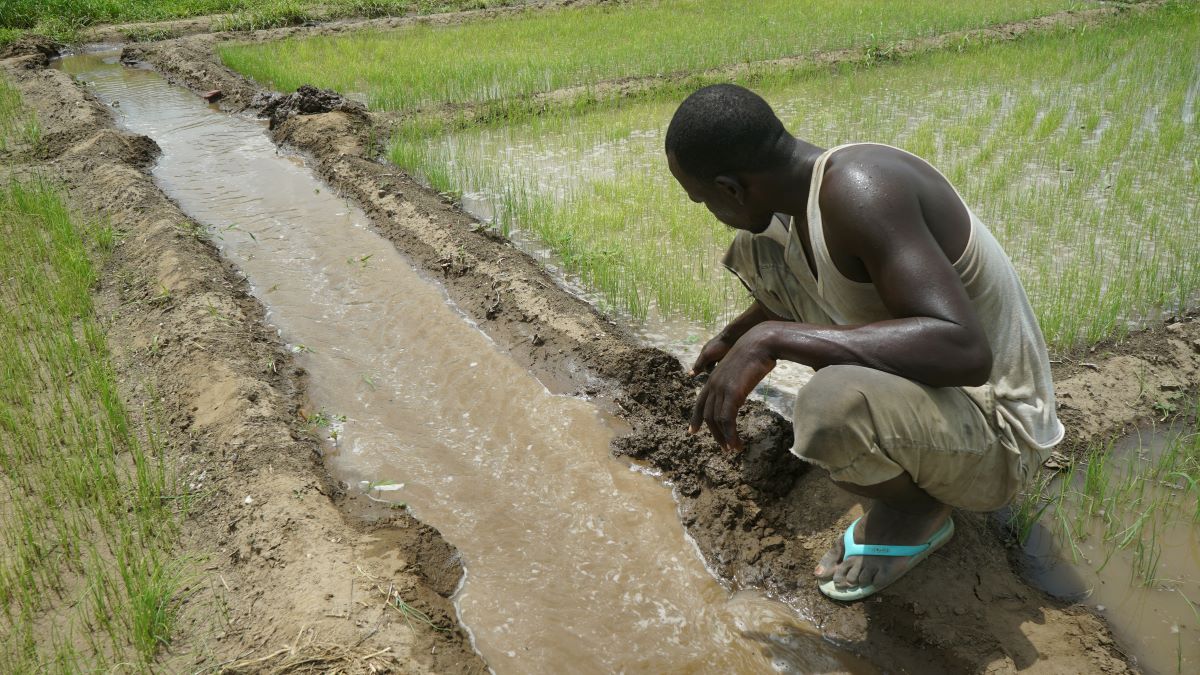
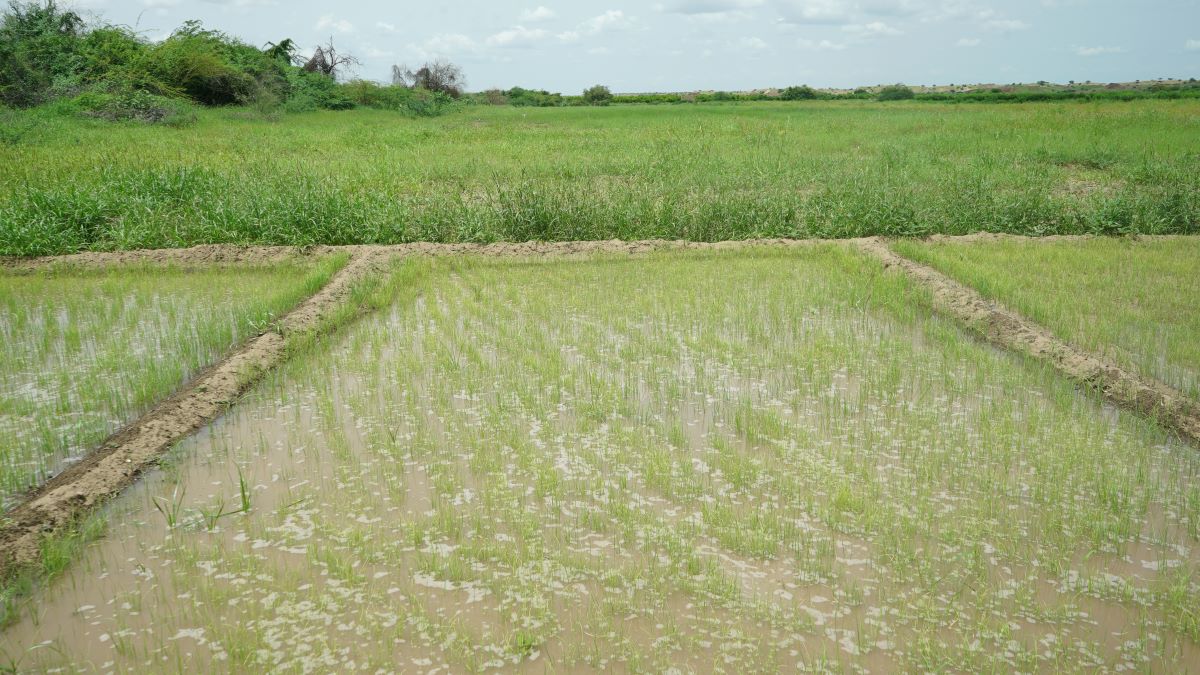
A model for future growth
The success of SASAS demonstrates the power of combining innovative technologies, gender-focused initiatives, and strong partnerships to create lasting change. From the solar-powered cold storage facilities that preserve harvests to the empowered women who transform local economies, the program offers a blueprint for resilience and growth in fragile contexts.
USAID support for recovery and resilience
None of these achievements would have been possible without the support of the United States Agency for International Development (USAID). By funding and guiding the SASAS program, USAID has enabled the integration of solar power, gender empowerment, and sustainable agriculture into Sudan’s recovery efforts. From solar-powered irrigation to the empowerment of women like Salwa, USAID’s commitment has been a beacon of hope for communities rebuilding in the midst of adversity.
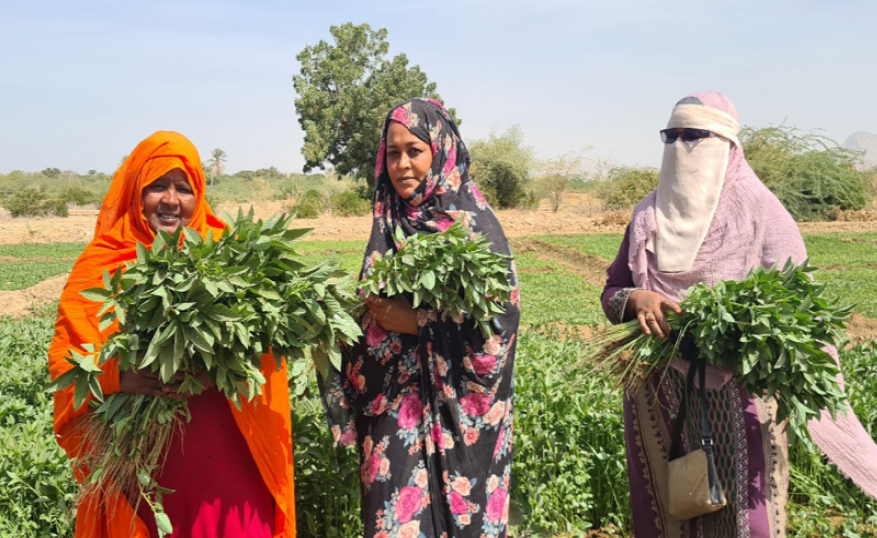
 Capacity development
Capacity development 